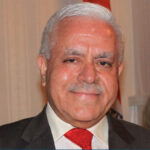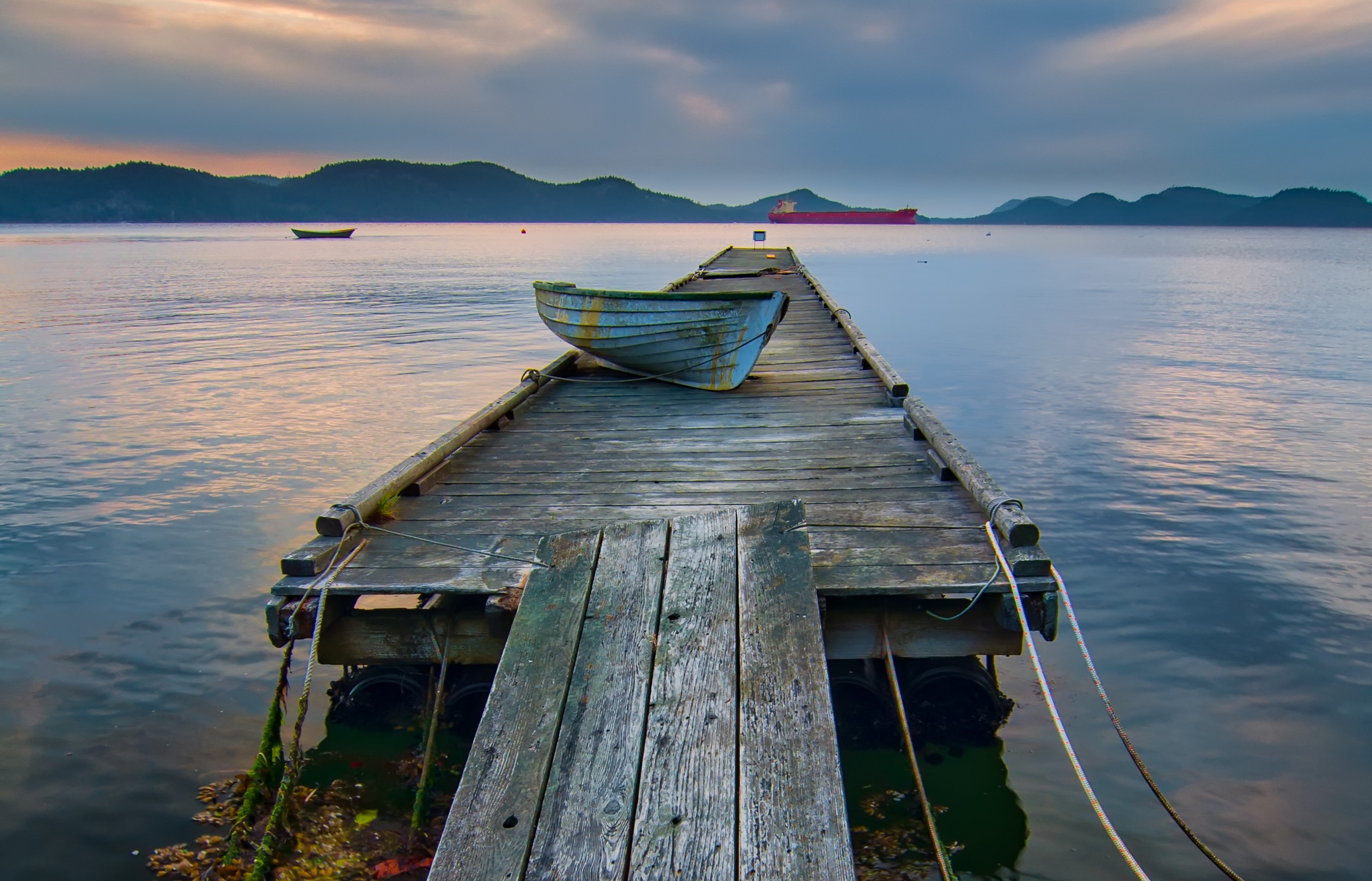Political Development
Kassym-Jomart Tokayev was elected as President of Kazakhstan on 9th June, 2019 receiving 71% of votes polled. His nearest rival Amirzhan Kosanov of United National Patriotic Movement (‘Ult Tagdyry’) received 16% of votes. Tokayev succeeded Nursultan Nazarbayev, who announced his resignation in March after 30 years in power. Police arrested nearly 4,000 people during protests before and after the election. About 1,000 were detained for several days.
Protests took place on election day and continued for several days over what critics saw as an orchestrated handover of power in the country. Police dispersed the demonstrations with force. At least nine journalists were among those arrested. The spontaneous demonstrations revealed gaping fault lines after three decades of uncontested rule and appear to have woken up the younger, post-post-Soviet generation. The most striking aspect of demonstrations was a call for dignity and decent living standards, rather than regime change or revolution as a political end in itself. Although the protests were peaceful, small and limited to Almaty and Nur-Sultan (Astana), the government appears to have reacted disproportionately, arresting passers-by and detaining more than 1,000 individuals.
The United Nations Human Rights Office called on Kazakh authorities ‘’to respect freedoms of peaceful assembly, expression and right to political participation.’’ UN stated that Kazakhstan’s actions against peaceful protesters, activists, and journalists ‘’are extremely regrettable.’’
After taking oath of office Tokayev stated that a new law would be drafted that would allow for peaceful political protests to occur in public places. He said that a specially designated place where they can gather will be demarcated.
These protests seemed more like those in western Kazakhstan in summer of 2011 or throughout Kazakhstan in April and May 2016 when land privatization was the catalyst for venting many grievances. These protests were driven by young people, mostly under 30.
Chinese President Xi Jinping visited Kyrgyzstan to attend the 19th SCO Summit and Tajikistan to attend the CICA Summit. China signed Agreements with both these countries to establish investment and industrial cooperation work teams to enhance cooperation with them. China is the largest source of investment and trading partner of Kyrgyzstan with trade of US$5.61 billion in 2018. China is Tajikistan’s largest source of investment and third-largest trading partner with bilateral trade at US$1.51 billion in 2018. China is planning to sign more cooperation documents with Kyrgyzstan in trade, investment, quarantine procedures and agriculture, and with Tajikistan in trade, investment, quarantine, environmental protection, agriculture, cultural tourism and science and technology.
Chinese President received Order of the Crown, Tajikistan’s highest decoration, from Tajik President who said that he was ready to work together with Xi to guide bilateral relations toward greater achievements.
During their visit to Bishkek for SCO Summit, Russian President and foreign minister met their Pakistani counterparts separately and held discussions on state of bilateral relations and regional developments. Pakistan FM said that Pakistan was interested in building synergies with Russia and chart new frontiers of cooperation and engagement. Pakistan said that meetings of its PM with world leaders will impart “further momentum to Pakistan’s all-weather strategic cooperative partnership with China and to growth of Pakistan’s multi-dimensional ties with Russia.”
In his Address at SCO Summit, Uzbek President stated that stability in Central Asia is determined by situation in Afghanistan. Roadmap adopted for SCO – Afghanistan Contact Group as well as vigorous engagement of Afghanistan in regional cooperation is crucial.
Tajikistan hosted the 5th Summit of Conference on Interaction and Confidence Building Measures in Asia (CICA) which includes 27 countries. In his Address Chinese President Xi Jinping urged new efforts on security and development among the participating countries. The CICA meeting was important for Iran, Turkey, Qatar and others. Turkey used the CICA meeting to condemn US actions recognizing Jerusalem as the capital of Israel. Iran used the meeting to warn that it cannot remain inside the JCPOA – the Iran nuclear deal – if other countries violate it. Iran told the summit that US “has taken an aggressive approach, and presents a serious risk to stability in the region and the world.” Kazakh President Tokayev expressed concern about growing security threats and ideological and ethnic and religious tensions in the region. He presented Kazakhstan’s vision to address those issues, including the need for systemic and integrated approaches.
In a meeting with President of Tajikistan on side-lines of the CICA summit, Iranian President expressed Iranian companies’ readiness for more active presence in Tajikistan to offer technical and engineering services and share experiences in launching construction and development projects. Tajik President expressed his determination to develop relations and cooperation with Iran in all fields of mutual interest.
Kazakhstan assumed chairmanship of Nuclear Suppliers Group (NSG), an association of 48 states exporting nuclear materials and developing nuclear industry.
Economic Developments
Hevel has signed several agreements to buy stakes in many companies in Kazakhstan, expanding the Russian PV group’s presence to 178 MW. Upon completion in 2020, the project will be one of the biggest solar installations in Commonwealth of Independent States.
World Bank has approved a US$ 500 million loan to support Uzbekistan’s ongoing economic transformation and market reforms, aimed at increasing jobs and well-being of its people. World Bank supports Uzbekistan through 22 projects totalling over US$3.6 billion. The current amount will provide additional support as focus of reform shifts from regulatory changes to more complex institutional reforms, which are necessary to support private sector growth, increase job creation, and ensure greater social inclusion of most vulnerable citizens.
India-Central Asia Relations
Prime Minister Narendra Modi participated in the 19th Summit of the Shanghai Cooperation Organisation in Bishkek. In his address, PM Modi outlined India’s vision for the SCO through an acronym ‘HEALTH’ (healthcare cooperation, economic cooperation, alternate energy, literature and culture, terrorism-free society and humanitarian cooperation). With Pakistani PM listening, Modi said the countries which “promote, support and fund” terrorism must be held accountable. He also pitched for an international conference to discuss how the menace of terror could be fought better. He said that forces of humanity should shed their narrow-minded approach and join hands to eliminate the scourge of terrorism. Modi said India supports an “Afghan-led, Afghan-owned and Afghan-controlled peace process” and expressed happiness that a road map has been prepared for the SCO-Afghanistan Contact Group. He also spoke about need for SCO members to work for better connectivity, healthcare, alternate energy and humanitarian cooperation. On other issues of concern, India pushed for flexible visa norms for SCO countries, stability in Afghanistan for the establishment of regional peace and acceleration of economic ties.
On side-lines of Summit, PM Modi had a fruitful meeting with Chinese President Xi Jinping. He invited Xi to an Informal Summit to India (possibly in October, 2019 in Varanasi). During their bilateral discussions, in response to a possible suggestion from Xi, Modi made it clear that any dialogue with Pakistan was not possible at this time as the process was derailed by Islamabad. Pakistan needed to create an atmosphere free of terror first if dialogue was to be resumed. He also clearly stated that there was no possibility of third-party mediation by any country. Bilateral meeting between Modi and Xi noted the gains of strategic communication as agreed upon last year in the context that both have been able to resolve long-pending issues like opening of branch of Bank of China in India and listing of Masood Azhar as a global terrorist. Even as both countries displayed personal warmth towards each other, India was the only country which opposed the Belt and Road Initiative (BRI) and raised concerns about the China Pakistan Economic Corridor (CPEC).
In his meeting with Russian President Putin on side-lines of the Summit, PM Modi was invited to be the ‘main guest’ at Eastern Economic Forum, 2019 in Vladivostok. Both nations reiterated wider cooperation in energy sector, Arctic region, transfer of technology and joint projects under ‘Make in India’ initiative and also aimed to attract Indian manpower in resource-rich far East Russia. Modi thanked Putin for setting up the factory to manufacture AK-203 Kalashnikov rifles in Amethi under ‘Make in India’ Initiative.
In addition to Xi and Putin, PM Modi had a bilateral with Afghan President as well as pull-aside meetings with Kazakhstan, Belarus and Mongolia (the latter two being observer nations). He also had a bilateral meet with his Kyrgyz counterpart.
PM Modi extended his stay in Bishkek for a bilateral visit to Kyrgyzstan. Inauguration of ‘India Kyrgyz Business Forum’ was the key event during bilateral leg as both sides emphasized the importance of signing of Double Taxation Avoidance Agreement and bilateral investment treaty. 15 agreements were signed. Kyrgyzstan provides good opportunities for Indian businessmen in textiles, railways, hydropower, mining and mineral explorations. The two sides signed a memorandum of understanding between Kyrgyz Ministry of Education and Science and India’s Infinity Group on establishment of Central Asian education hub. To bolster Indo-Kyrgyz ties, PM Modi announced a US$200 million Line of Credit in presence of Kyrgyz President Sooronbay Jeenbekov. The two leaders held wide-ranging talks and elevated the ties to a Strategic Partnership level. The two countries have prepared a five-year-plan to increase bilateral trade and economic cooperation. They also signed Memoranda of Understanding (MoUs) in the fields of health, security, defence and information and communication technology. In a major outcome of the visit, both countries decided to add strategic dimension to bilateral ties to boost the relationship in defence & security, trade & investment, health, education & development cooperation, among other areas. An MoU was signed for cooperation between National Security Council Secretariat of India and its Kyrgyz counterpart.
PM Modi explained that connectivity plays an important role for ease of trade between the two countries and Iran’s Chabahar port has emerged as a new route between India and Afghanistan. 2021 will be observed as friendship year between India and Kyrgyzstan. India will hold ‘Namaskar Eurasia’ trade show in Bishkek. PM Modi urged Indian companies and investors to explore areas such as medicine, textiles, railway, hydro power, mining, minerals and tourism in Kyrgyzstan.
External Affairs Minister S. Jaishankar participated in the 5th CICA Summit in Dushanbe. In his Address, he stated that globalisation is under stress due to new and emerging geo-political and geo-economic fault lines. India supports a rule-based order in Asia, and rest of the world.
On terrorism, Jaishankar said, “Many CICA members are victims of terrorism and should be clear that terrorists and their victims must never be equated. CICA has always shown a strong commitment to combat terrorism and extremism.” He urged that early finalisation of Comprehensive Convention on International Terrorism, proposed by India, was now even more essential. He sought support of CICA members in this regard.
Jaishankar referred to energy security as another key developmental challenge adding that India has supported a better dialogue between consumers and producers for a stable energy market and for promoting energy efficiency and renewable energy. He added that India’s initiative of International Solar Alliance has received overwhelming support; 74 countries have signed the Framework Agreement. He invited CICA members who had not joined the Alliance to do so.
Jaishankar called on Tajik President and Vice President of Vietnam, and met his counterparts from Iran and Bangladesh on side-lines of the meeting.
Over 2005-2018, total inflow of foreign direct investment from India into Kazakhstan amounted US$317 million. Recently, 8 Indian companies participated in Astana Economic Forum and Global Investment Round Table, during which several significant agreements were signed. One of these was construction of a family entertainment park such as Disney Land in Shymkent.
RV Healthcare is planning to start production of counter diabetic pills. On successful implementation of this project, Kazakhstan would fully substitute import of these pills and become main supplier of insulin in the region.
Over past 5 months, Kazakhstan has identified about 10 new projects with potential Indian investors.
Kazakhstan has evinced interest in collaborating with MIDHANI to produce, on a commercial scale, bio-implants which are beneficial to patients. A team from Midhani recently visited Kazakhstan in this connection.
























